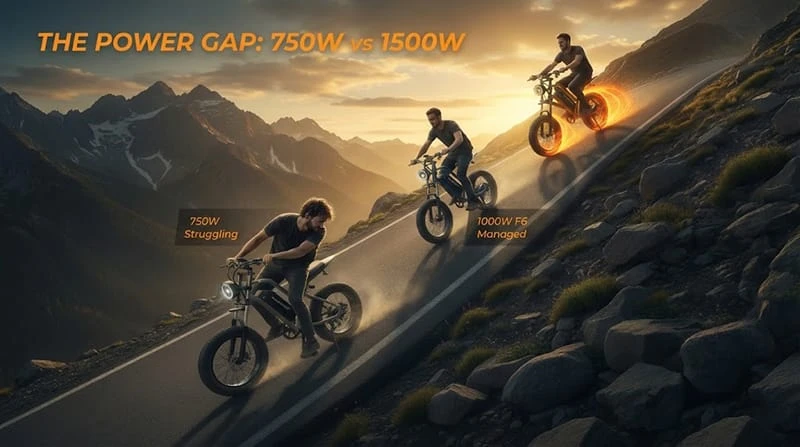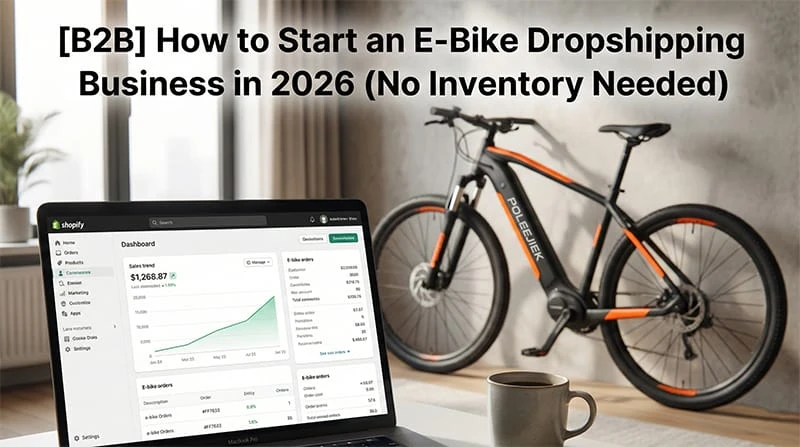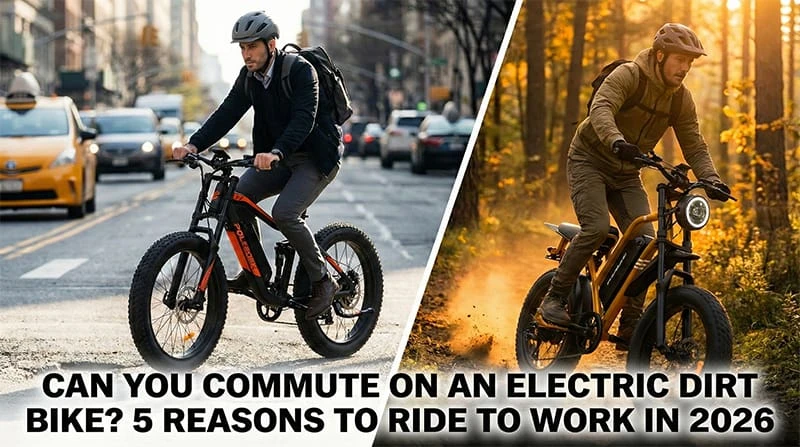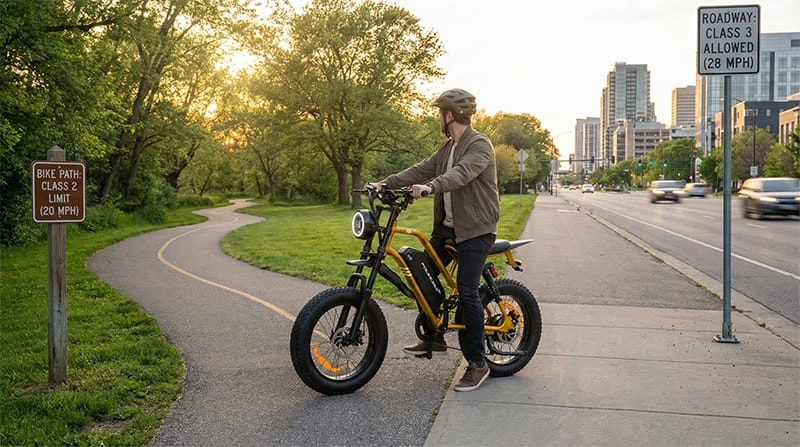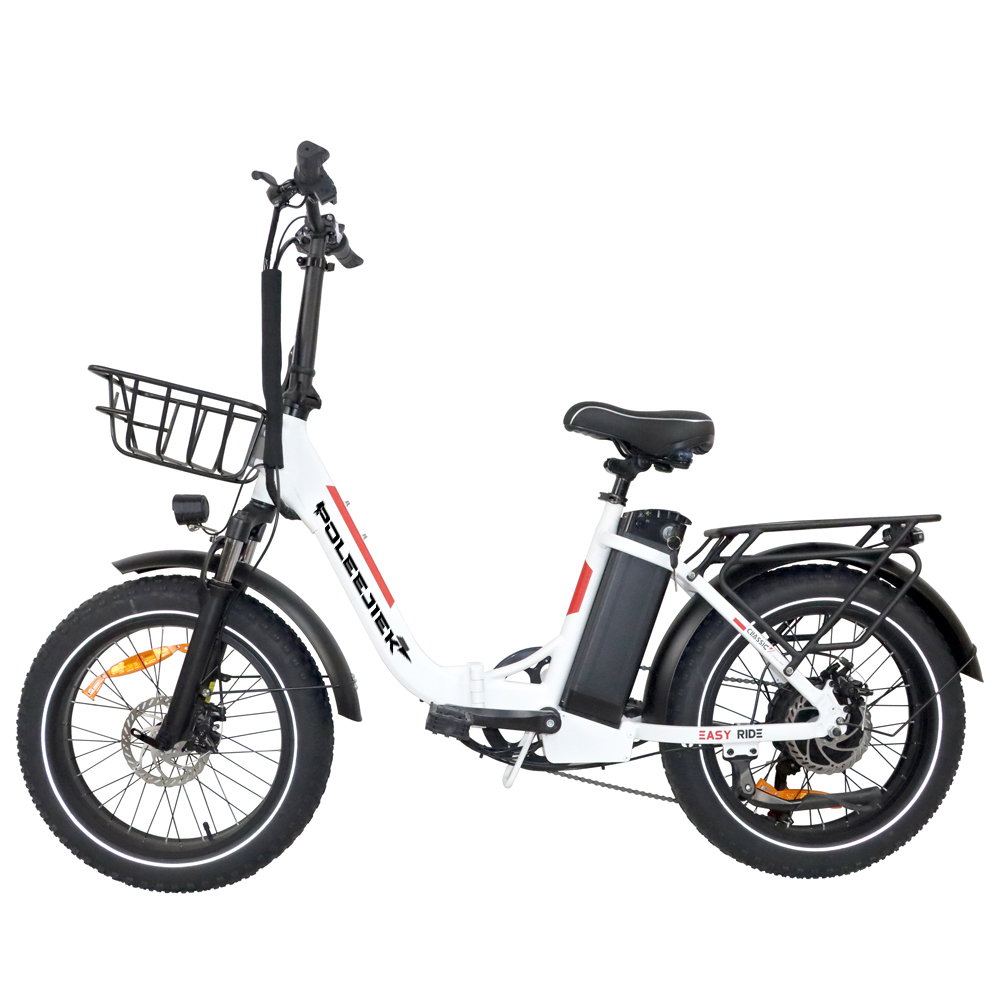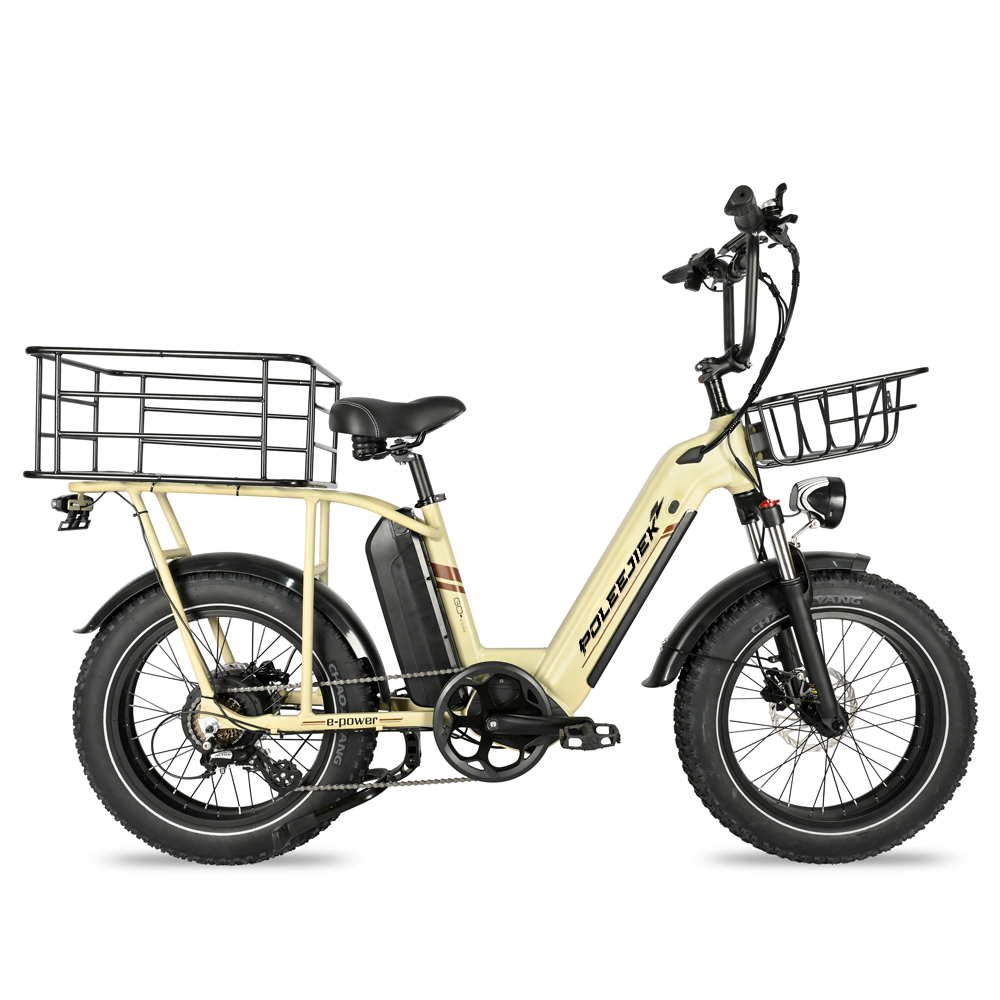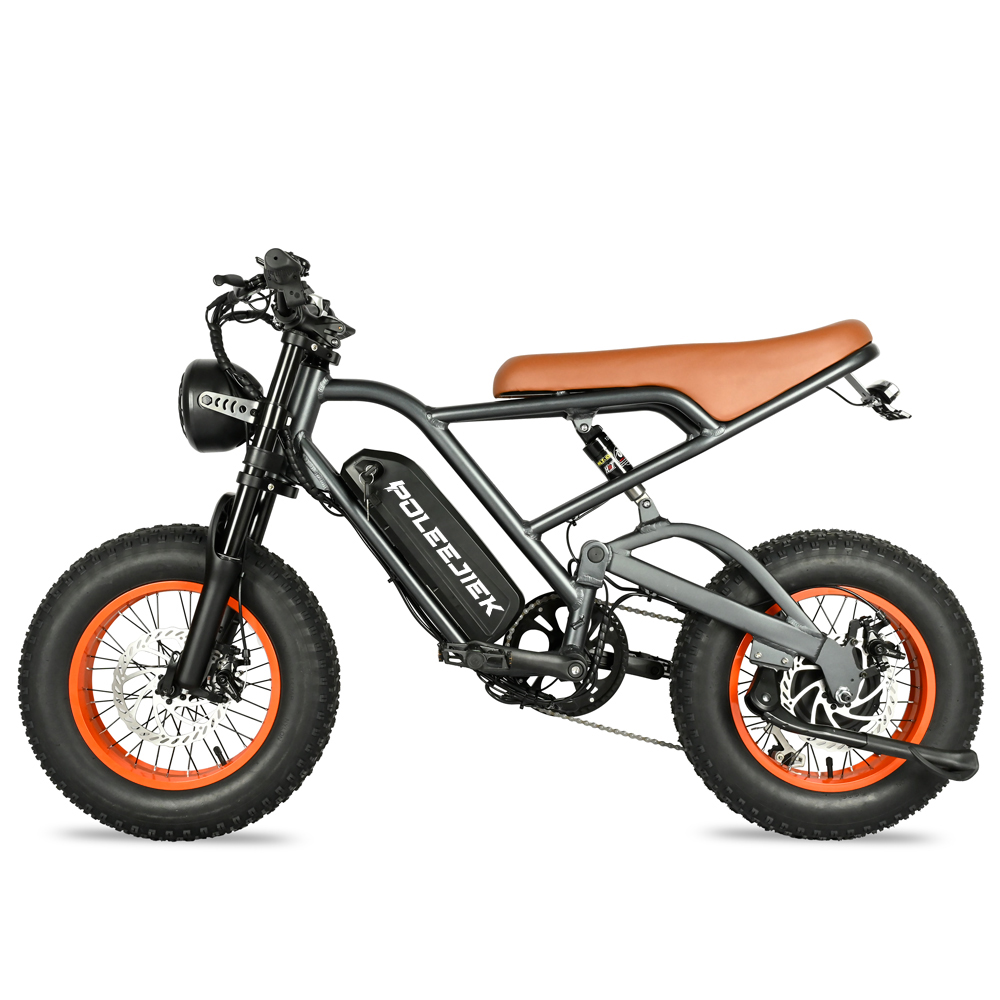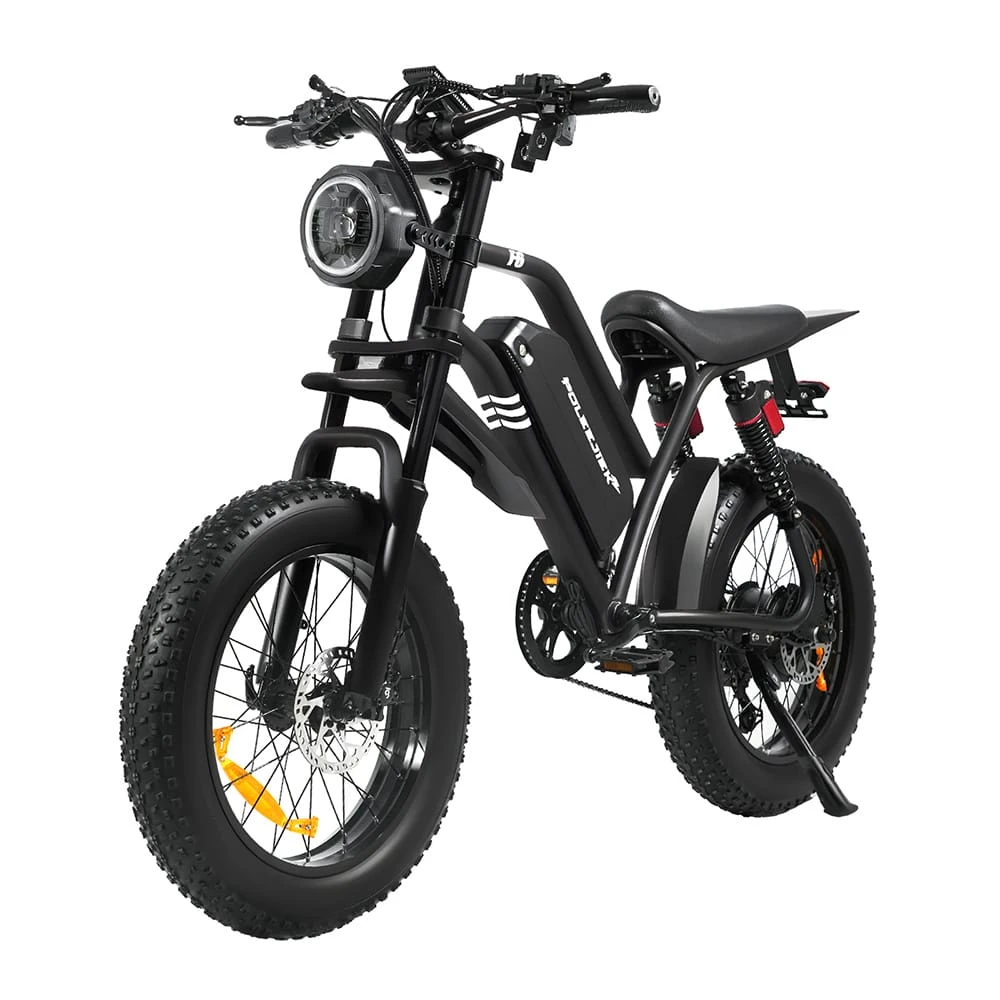Why Vintage E Bikes Are Unique | Retro Electric Guide
A vintage e bike combines the romance of classic bicycle and motorcycle aesthetics with the quiet, low-maintenance punch of a modern electric bike. If you want a machine that looks timeless yet rides like today—torque on tap, confident brakes, practical range—vintage e bikes deliver. This guide explains why they’re different, how to choose the right one, and where they sit versus a standard e-bike and an electric dirt bike.
Why Choose a Vintage E Bike
- Design that tells a story: Tank-style frames, metal fenders, stitched saddles, and classic headlamps turn every ride into an entrance.
- Modern performance inside: Refined geometry, hydraulic disc brakes, and torquey hub or mid-drive motors make daily rides smooth and confident.
- Low maintenance, high enjoyment: Compared with carbureted classics, charging is simple, operation is quiet, and upkeep is minimal.
- Conversation starter: A vintage silhouette stands out—perfect for café runs, weekend cruises, and bike-night showings.
Market Insights & Opportunities
Research around the term “vintage e bike” shows a niche audience with high intent and very low SEO competition. That’s great news for enthusiasts and brands alike: useful, well-structured content can rank quickly. Long-tail queries tied to signature lines (e.g., Roadster, Scrambler, Shelby, 72V builds) are especially under-served, while a handful of hero pages attract most backlinks. In short: the demand is focused, the audience is passionate, and the content gap is real.
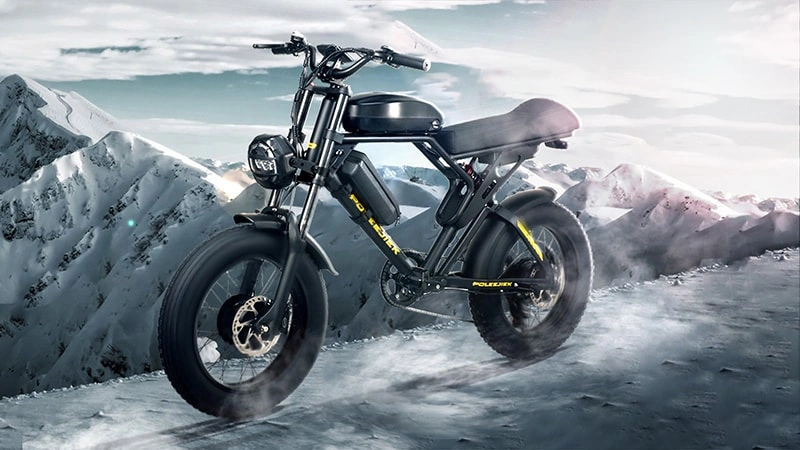
Iconic Styles & Popular Lineups
- Roadster & café racer: Streamlined tanks, lower bars, a fast stance, and brisk acceleration.
- Scrambler & flat-track: Upright posture, semi-knobby tires, and rugged trim for mixed surfaces.
- Cruiser & beach classic: Relaxed geometry, plush saddles, and swept bars for easygoing comfort.
- Showpiece builds: Sidecar-inspired or custom trims that prioritize uniqueness over grams.
How to Choose the Right Model
1) Define your primary use
- City & café hopping: Integrated lights, fenders, upright fit, and puncture-resistant tires.
- Weekend loops & light paths: Larger batteries (≥ 600 Wh), hydraulic brakes, quality rubber.
- Display & show: Paint quality, metalwork, and trim craftsmanship take priority.
2) Evaluate the fundamentals
- Motor & voltage: 48–72 V systems deliver stronger off-the-line surge; mid-drives climb superbly, hubs are quiet and simple.
- Battery & range: Judge by watt-hours (Wh). Real range depends on terrain, rider mass, tire choice, and assist level.
- Brakes & tires: Hydraulic discs and quality casings are must-haves on heavier vintage frames.
- Fit & geometry: Many vintage silhouettes sit longer or lower—check stand-over, reach, and bar height.
- Warranty & parts: Favor brands with dependable supply of batteries, chargers, controllers, and lighting.
3) Budget with eyes open
Vintage styling and low-volume fabrication often cost more than a standard commuter. If you’re value-hunting, consider prior-year models or certified refurbished units—just verify battery health and component compatibility.
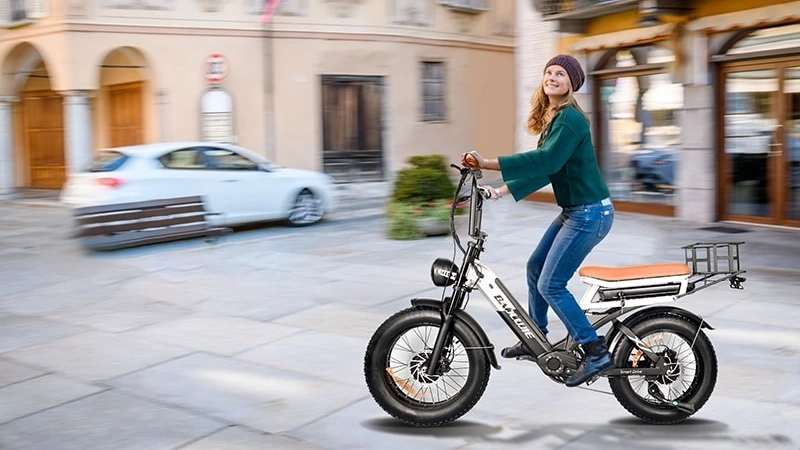
Vintage vs Electric Dirt Bike vs Standard E-Bike
| Type | Best For | Strengths | Considerations |
|---|---|---|---|
| Vintage e bike | Style-forward city rides, weekend cruises, collecting | Timeless looks, quiet power, high “wow” factor | Heavier and pricier than basic commuters |
| Electric dirt bike | Off-road thrills, rugged terrain | High torque, tough suspension, aggressive tires | Street legality varies; protective gear recommended |
| Standard e-bike | Daily commuting and utility | Lighter, affordable, accessory-friendly | Less distinctive styling, lower showpiece appeal |
Quick FAQs
Are vintage e bikes practical for commuting?
Yes. Choose upright geometry, quality tires, and integrated lights; opt for a mid-drive or higher-voltage setup if hills are common.
How do I maintain a vintage e bike?
Like any quality electric bike: keep tires inflated, store and charge the battery properly, and service brakes periodically. Decorative trim may need extra care.
Can a vintage e bike handle light gravel?
Many can. Look for wider tires with mild tread and durable wheels. For technical trails, an electric dirt bike or e-MTB is the safer choice.
References & Further Reading
Bottom line: A vintage e bike is rolling art with modern power—choose the silhouette you love, verify the specs, and enjoy every effortless mile.



